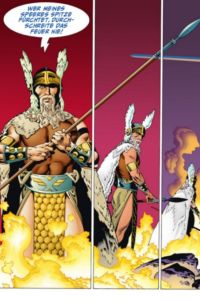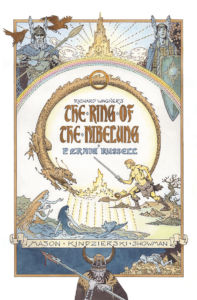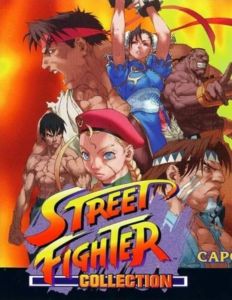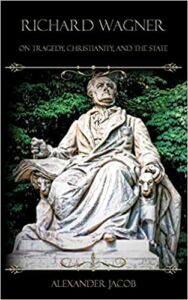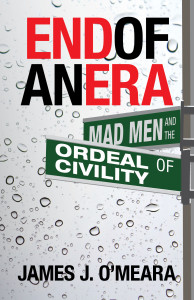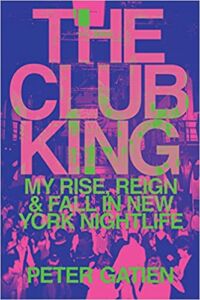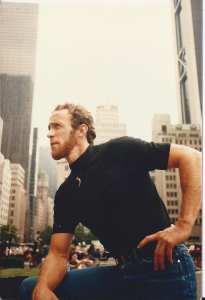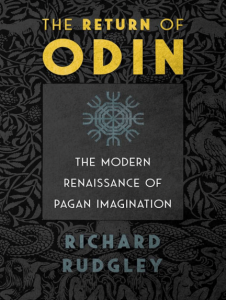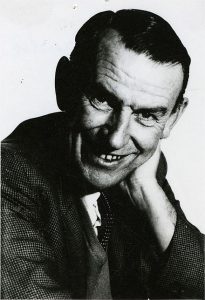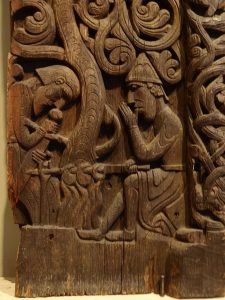Part 2 of 2 (Part 1 here)
What, then, of Craig Russell’s graphic art? Enthusiasts of either opera or graphic art will probably find great pleasure in Russell’s Ring. The book — some muddled scenes such as the discovery of the sword excepted — is easier to follow than Wagner’s 16-hour cycle of music-dramas. Admirers of Craig Russell have a 448-page feast before them, while opera lovers are likely to be intrigued to discover how a comic artist presents one of the most famous of all operatic works. (more…)
